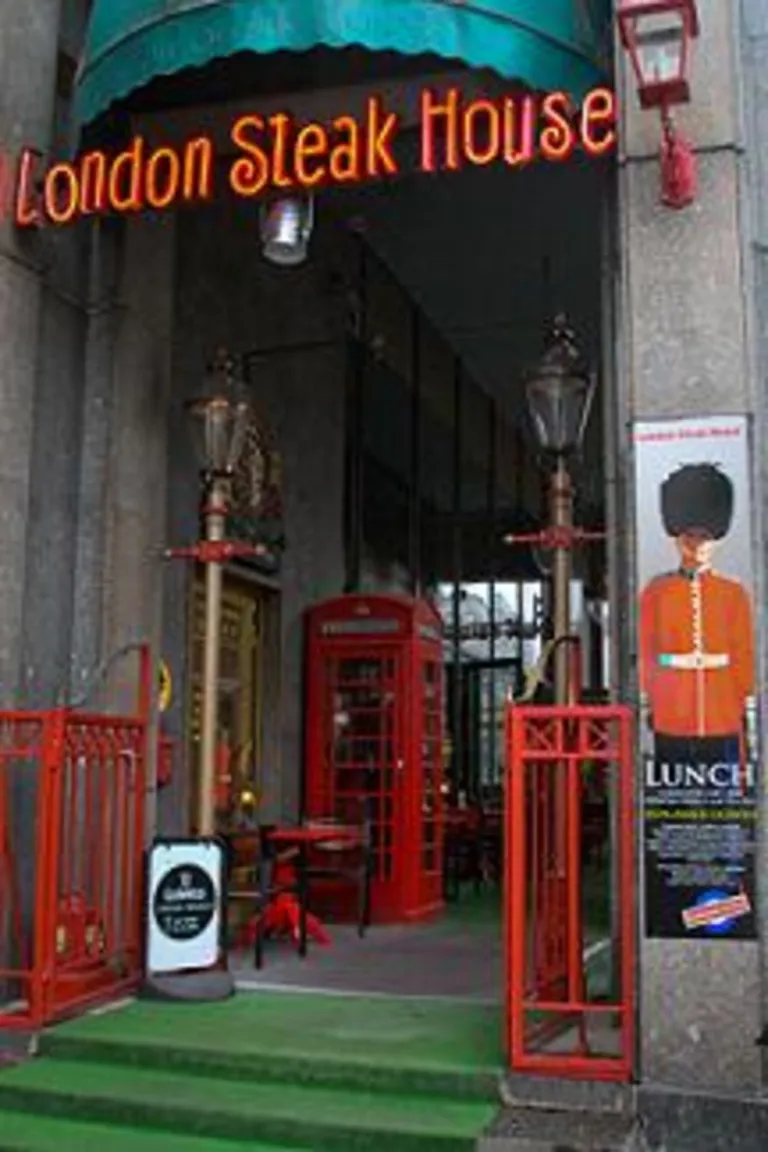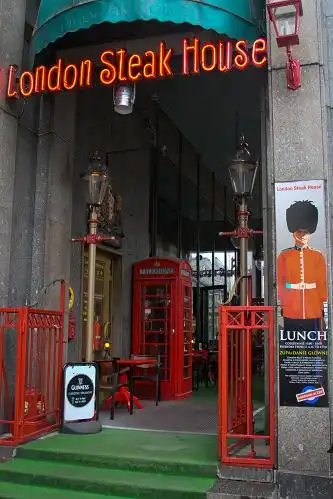If you ask an average Pole what he associates with the British culture you can be almost completely sure that he will name the famous 5 o’clock tea, reserved British manner of behaviour, lousy food and peculiar sense of humour.
However, since
When I first came to
As I talked to one of my fellow countryman I realised that there are two main reasons why we visit
The other reason, which also concerns me, is love. I met many British people who fell for Polish girls and followed them to find their luck. Polish women are beautiful, smart and elegant (just like my wife) and if at all – just a little fussy and demanding (just like my wife). They have a more traditional attitude towards their role as a woman which many modern British women lack.
British girls succumbed to the trend of partying and being ladettes which does not only mean partying hard and severe drinking but also postponing the option of starting a family. This phenomenon is not as common in
It is really hard to define the “British” culture.
This is why I was seriously shocked when I discovered that everything in
In
Finding a British kind of entertainment in
As you probably already figured out, the British love sport. Many of us play cricket in the summer. For Poles, similarly to the rest of the world, this game borders on absurd. I tried to explain its rules to my Polish family an infinite number of times but it turns out to be impossibly hard to explain how a given sports game can last five days and remain unsettled. However, in
www.angielski.co.uk/cricket_poland
As I mentioned at the beginning the Isles are famous for lousy food. It seems a little bit unfair to me. The opinion on bad food shared by most Poles who lived for a shorter or longer time in the UK and with whom I talked is mostly based on the quality of food available at the supermarkets. Food served at the restaurants is a completely different thing and you could even say that the British cuisine lives its renaissance.
It is hard to find the traditional British cuisine in Warsaw though so I think that not many people really know it and the English-speaking countries are localised between hamburgers and steaks because of such American restaurants as Jeff’s or Hard Rock Café. The restaurant which is mostly associated with the United Kingdom is obviously London Steakhouse at Aleje Jerozolimskie which I visited several times. The staff do their best to represent our food so when I miss the typically British breakfast (eggs, bacon, sausage, potatoes, tomatoes, beans, mushrooms and toasts) it is one of the few places in Warsaw where you can get it. Nevertheless, this breakfast is not what I am used to because the articles are Polish and they taste differently. Those who’d like to clog up their arteries with a serious dose of morning cholesterol are welcome to visit the emigrant pubs which also serve breakfasts and do this in a slightly better way. The truly British experience may turn out to be the newly opened local Fish and Chips at Koszykowa 30. Undoubtedly, this is a place where you can taste the dishes which are the closest to the true classic British cuisine and they are delicious. Here you can also buy the British products such as shrimp chips or chocolate bars Yorkie which are not available at Polish supermarkets.
www.fishandchips.pl
www.warsaw-life.com/eat/restaurants_details/310-London_Steak_House
Because the Isles became more multicultural, in a natural way so became our food. The most popular are now the Chinese and Indian cuisine. There are occasions when the British emigrants will surely go out for a curry which usually happens in the UK on Fridays and Saturdays. This is why I will recommend some restaurants of this kind even though they are not directly connected to the UK, only because they became the centre of the new British culture. It is really important that the curry is very, very spicy and that you need to drink at least two cold beers once you’re finished – that is when you can truly enjoy this marvellous cuisine. Thus, you can find us at Tandori Palace near Plac Zbawiciela, at Arti in the vicinity of Plac Zawiszy and at Bollywood Lounge at Przeskok which is my personal favourite. Indian food in Warsaw is not cheap but all the British love it.
However, nothing tastes as good as mama’s food. It’s true. I absolutely agree with this statement. For example, my mother cooks various dishes but on Sunday there is always roast meat. Ask any British person and he will confirm that Sunday roast meat is an integral part of a traditional Sunday and everyone loves it. The Sunday dinner is very simple. You roast a rather big piece of meat in the oven for an hour or two, add some potatoes and various vegetables. You baste it with gravy (in this case it is like a thickened bouillon) and it is ready to serve. The roasts differ in the meat that is their base – usually it is beef, lamb, chicken and at the Christmas time – turkey. However, my mother specializes in sausages baked in pancake dough, toad-in-the-hole. It may sound peculiar for the Poles but these are just sausages in pancake dough and believe me or not, they are delicious.
Christopher Moore









































